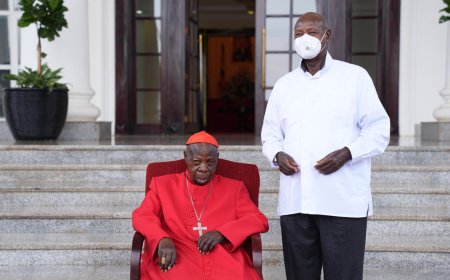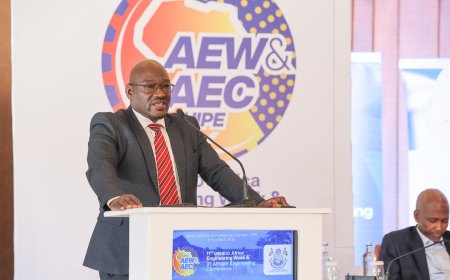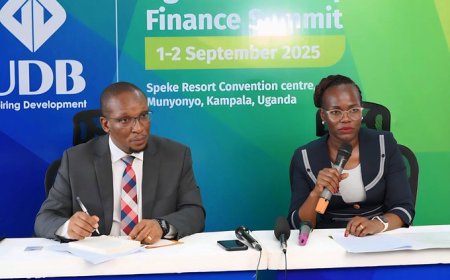Italy pursues African gas to end dependence on Russia
Italian ministers head to central Africa Wednesday in an urgent quest for new energy deals as Italy scrambles to break away from Russian gas.
Prime Minister Mario Draghi is looking to add Angola and the Congo Republic to a portfolio of suppliers to substitute Russia, which provides about 45 percent of Italian gas.
“We do not want to depend on Russian gas any longer, because economic dependence must not become political subjection”, he said in an interview with the Corriere della Sera daily published on Sunday.
“Diversification is possible and can be implemented in a relatively short amount of time — quicker than we imagined just a month ago,” he said.
The foray follows the signing of agreements with Algeria and Egypt in recent weeks.
Algeria is currently Italy’s second-largest supplier, providing around 30 percent of its consumption.
ENI said the deal with Algeria’s Sonatrach would boost deliveries of gas through the Transmed undersea pipeline by “up to nine billion cubic metres per year” by 2023-24.
Transmed only had spare pipeline capacity of 7.8 billion cubic metres per year in 2021 — though it has said it is ready to expand.
The Egypt accord could result in up to three billion cubic meters of liquefied natural gas (LNG) bound to Europe and Italy, in particular, this year, ENI said.
Italy is looking into buying or renting two floating storage and regasification units (FSRU) to allow it to import more LNG.
Diversification will not be cheap, warn experts, who foresee extra taxes passed on to businesses and families.
Davide Tabarelli, head of energy think tank Nomisma Energia, said Rome was rightly exploiting the “excellent relationships” that ENI has built up over 69 years in Africa, where it is the sector leader in terms of production and reserves.
But the idea of replacing Russian gas “in the short term” was “fanciful”, he told AFP. “It will take at least two or three years.”
The government said it expects to get the floating regasification units into place within 18 months.






























































































































